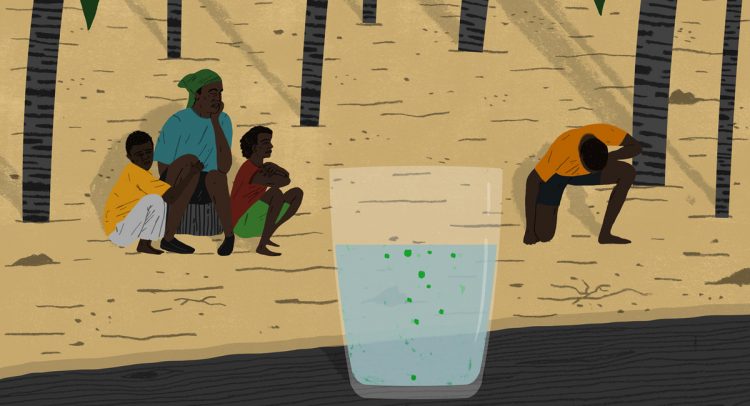The Ashanti Region has become the latest to join the list of areas affected by the cholera outbreak sweeping across Ghana.
With five confirmed cases reported in three districts, health authorities are scrambling to contain the spread of the disease.
The first cases were reported in the Sekyere South District, with three confirmed cases, while Kumasi and Bekwai have each recorded one case as of December 28, 2024.
Out of 28 suspected cases, laboratory results confirmed five positive cases, marking a worrying trend in the region.
This development comes on the heels of a nationwide cholera outbreak that has affected the Western, Greater Accra, and Central Regions.
Since October 2024, Ghana has recorded 4,155 suspected cases and 35 fatalities, with the Western Region being the hardest hit, claiming 15 lives out of over 100 cases reported.
Background of the Outbreak
The cholera outbreak in Ghana began in the Western Region, where the disease was first reported in October 2024.
The outbreak was attributed to poor sanitation and hygiene practices, particularly in rural areas where access to clean water and sanitation facilities is limited.
As the outbreak spread to other regions, health authorities implemented emergency response measures, including disinfecting homes of confirmed cases, isolating affected individuals, and tracing their contacts.
Public health surveillance was also enhanced, and public health emergency committees were mobilized in affected areas.
Response In Ashanti Region
In response to the outbreak in the Ashanti Region, the Regional Health Directorate, led by Dr. Fred Adomako-Boateng, has initiated several measures to contain the spread of the disease.
These include: Disinfecting homes of confirmed cases; Isolating affected individuals and tracing their contacts and Enhancing public health surveillance in collaboration with district health teams. Mobilizing public health emergency committees in affected areas, and intensifying awareness campaigns and training healthcare workers on case definitions, identification, and contact tracing.
Health authorities are urging residents to adhere to hygiene protocols, including frequent handwashing, safe food preparation, and proper sanitation practices, to curb the disease’s spread.
BY Daniel Bampoe


